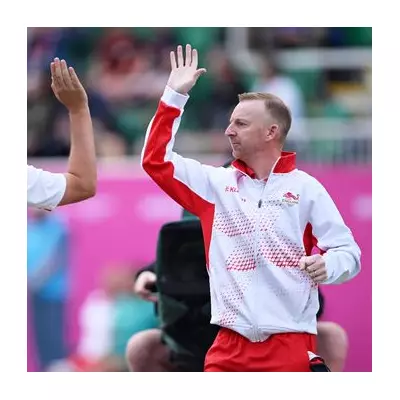
Louisiana State University finds itself at the centre of an extraordinary political intervention as Governor Jeff Landry takes an unusually active role in the football program's future direction.
Political Power Play Rattles LSU Athletics
In a remarkable development that blurs the lines between politics and collegiate sports, Governor Landry has directly involved himself in discussions about head coach Brian Kelly's tenure. Sources close to the situation reveal that Landry has been communicating with LSU Athletic Director Scott Woodward about the football program's leadership.
The governor's office confirmed that conversations have taken place, though officials described them as "productive" and focused on the "best interests of LSU football."
Woodward's Dilemma: Balancing Politics and Sport
Scott Woodward, known for his decisive leadership in athletic department matters, now faces the delicate task of navigating political pressure while maintaining control over football operations. The situation creates an unprecedented challenge for the experienced athletic director, who must balance the expectations of elected officials with his professional judgment about the program's needs.
Insiders suggest that Woodward values his autonomy in making athletic decisions and may resist what some perceive as political overreach into university affairs.
Brian Kelly's Rocky Road at LSU
Since arriving at LSU with considerable fanfare, Brian Kelly's tenure has been marked by both promise and frustration. The high-profile coach was expected to return the Tigers to national championship contention, but recent performances have raised questions about whether the program is meeting expectations.
The political attention comes at a critical juncture for Kelly, whose future with the team appears to be under evaluation from multiple fronts simultaneously.
Broader Implications for College Sports
This situation raises significant questions about the appropriate relationship between state government and public university athletic programs. While politicians have historically taken interest in successful college sports teams, direct involvement in coaching decisions represents a new level of engagement that could set concerning precedents.
Observers worry that such political interventions might become more common if not addressed firmly by university leadership.
As the situation develops, all eyes remain on Baton Rouge, where the outcome of this power struggle could reshape how public universities manage their athletic programs in the face of political pressure.





